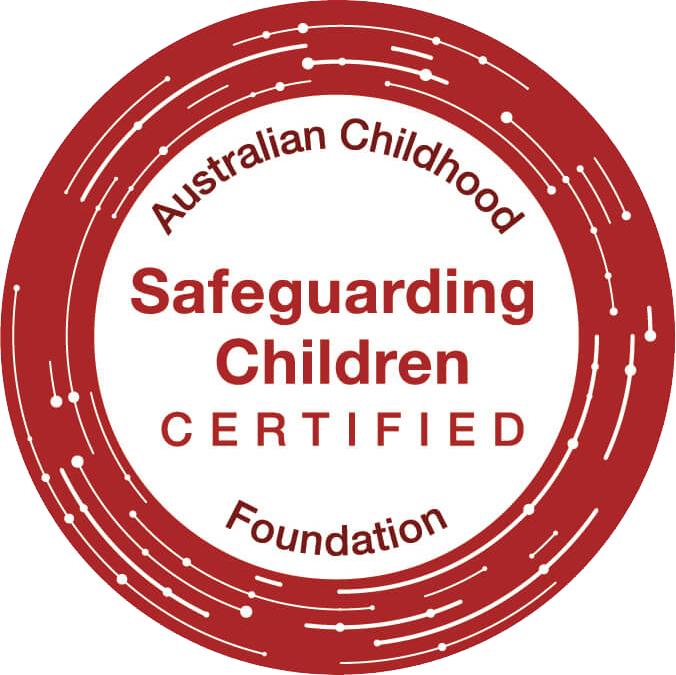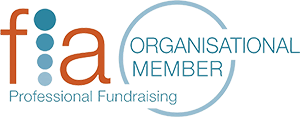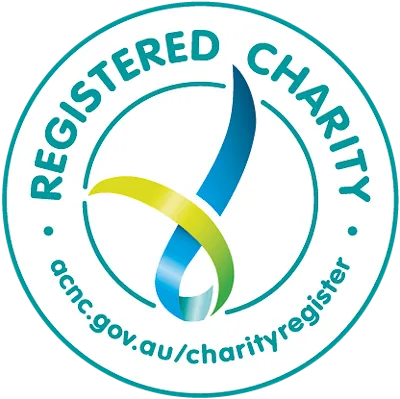Clown
Doctors
We bring laughter where it is unexpected, yet most needed.
Hear why our Clown Doctors program works
Clown Doctors Program in Westmead Children’s Hospital
The Clown Doctors difference
Clown Doctors™ is The Humour Foundation’s flagship program – bringing the many benefits of laughter where it is unexpected, yet most needed. Our highly skilled teams work in partnership with medical and healthcare professionals to alleviate stress and social isolation, improving outcomes in what is often a stressful, unfamiliar environment.

Expertly trained performers
Our professional performers are trained in the nuances of working in sensitive environments, such as hospitals. They work to divert children and young people during painful procedures, help calm and distract in emergency department settings, encourage positivity and resilience during physio and occupational therapy, and generally improve outcomes in what is often a stressful, unfamiliar environment.
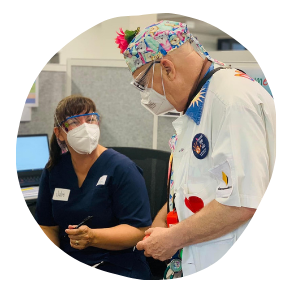
Evidence-based
International research and studies continue to prove the numerous physiological and psychological benefits of laughter to health and wellbeing. Humour is an effective coping strategy, relieving fear, stress and pain, and has positive effects on the cardiovascular, immune and respiratory systems.
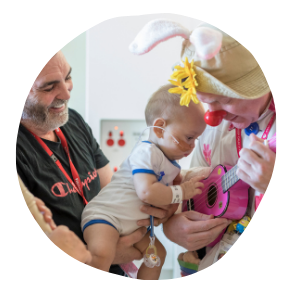
Increased reach
As well as visiting paediatric and neo-natal intensive care units, our Clown Doctors also work in accident and emergency departments, waiting areas, adolescent mental health, and various clinics, including burns, fractures, and oncology.
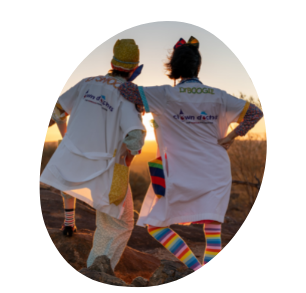
We are growing
We currently have 65 professionally trained Clown Doctors who regularly visit 21 hospitals across Australia. While the Program currently receives no government funding we rely on voluntary contributions from the public to fund our work.
VFPMS Pilot Program
In the Victorian Forensic Paediatric Medical Service (VFPMS) program, Clown Doctors accompany children who are being examined for suspected physical abuse or neglect. These are often highly stressful encounters for the children and adults involved. Clown Doctors work in partnership with medical and nursing staff to lift spirits; reduce fear and anxiety; and even to bring moments of joy and levity to these confronting situations.
Clown Doctors draw on their wide range of skills to attend to the unique needs of each child for the entire examination process which often takes over 2 hours, and sometimes much longer. They also support healthcare staff to make the overall examination process more effective and less traumatic for all involved.
Hear what parents have to say
You are the laughter that we want to give to our children when we are out of laughter.
Chris, parent
The Clown Doctors are the bright spark in the hospital experience. They are the thing we remind Andrew of before every visit and that changes his whole attitude every time.
Helen, Andrew’s Mum
When you see the Clown Doctors, you can’t help but smile. They made the waiting go fast and they made everyone laugh, every time. As soon as the Clown Doctors entered the room, it was an opportunity to just exhale, relax, and enjoy the moment. Having that relief and extra support was hugely beneficial to Eve’s recovery.
Rebecca, Eve’s Mum


